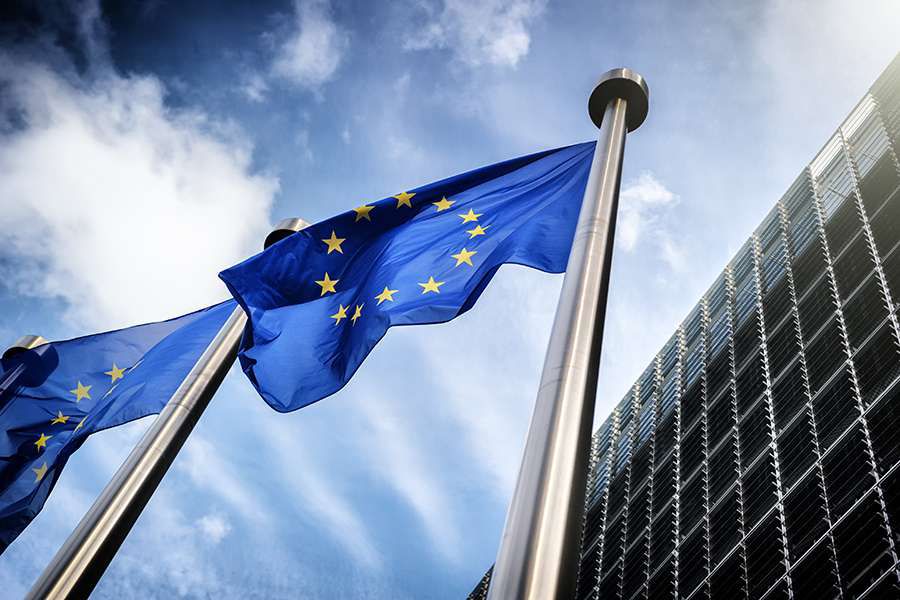In a lengthy speech to civil and ecclesiastical leaders of Europe on Saturday, Pope Francis defended the family as being made up of a man and woman open to life — saying that this fundamental community is also a model for secular communities.
“The family is the harmonious union of the differences between man and woman, which becomes stronger and more authentic to the extent that it is fruitful, capable of opening itself to life and to others.” “Secular communities, likewise, are alive when they are capable of openness, embracing the differences and gifts of each person while at the same time generating new life, development, labor, innovation and culture,” the Pope said Oct. 28.
In the family we find an example for all types of community, he continued, where “diversity is valued and at the same time brought into unity.” In this way, the person and community “are thus the foundations of the Europe that we, as Christians, want and can contribute to building,” he emphasized in an audience for a Vatican-sponsored conference on the future of Europe.
Taking place in Rome Oct. 27-29, “(Re)Thinking Europe: A Christian Contribution to the Future of the European Project” gathered together hundreds of high-level Church and E.U. political leaders, including academics, ambassadors, bishops and European politicians. The Pope has addressed E.U. leaders several times over the last few years, beginning in Strasbourg, France in November 2014. His most recent address took place in March of this year, when he spoke on the occasion of the 60th anniversary of the signing of the Treaty of Rome, which established the European Economic Community and is one of the two most important treaties in the modern-day European Union (EU).
In a departure from his earlier speeches, however, Francis did not appeal to the “Christian roots” or cultural patrimony of Europe, but instead focused specifically on what the “Christian contribution” is and can be for Europe, specifically in politics. He pointed to the common secular philosophy that seeks to omit religion from the political sphere, calling it a regrettable “secularist prejudice,” which is “incapable of seeing the positive value of religion’s public and objective role in society.”
The result of relegating religion to merely the private sphere results in a “certain groupthink,” he said; one which appears frequently in international meetings and which “see the affirmation of religious identity as a threat to itself and its dominance.” What this does, he said, is promote a false conflict between the right to religious freedom and other fundamental rights.
The Pope stated that instead, politics has a “fundamental responsibility” to favor dialogue, “in any form whatsoever.” He pointed out that unfortunately politics is becoming a forum for conflict, dialogue being replaced by shouting and demands, the primary goal of the common good abandoned. Extremist and populist groups, which are gaining ground in some countries, have made “protest the heart of their political message, without offering the alternative of a constructive political project,” he argued.
In the face of these challenges, “Christians are called to promote political dialogue,” he said, “especially where it is threatened and where conflict seems to prevail.” Echoing previous messages, not just to European leaders, but also in general audiences, Francis urged Christians to be involved in politics, saying they’re called to restore its dignity, viewing it as a lofty service to the common good.
“This demands a suitable formation, since politics is not the ‘art of improvising,’” he said. “Instead, it is a noble expression of self-sacrifice and personal dedication for the benefit of the community. To be a leader demands thoughtfulness, training and experience.”
The Pope also emphasized that the European Union, at a time of crisis such as now, needs to work together to promote a positive future. “A European Union that, in facing its crises, fails to recover a sense of being a single community that sustains and assists its members — and not just a collection of small interest groups — would miss out not only on one of the greatest challenges of its history, but also on one of the greatest opportunities for its own future,” he said.

